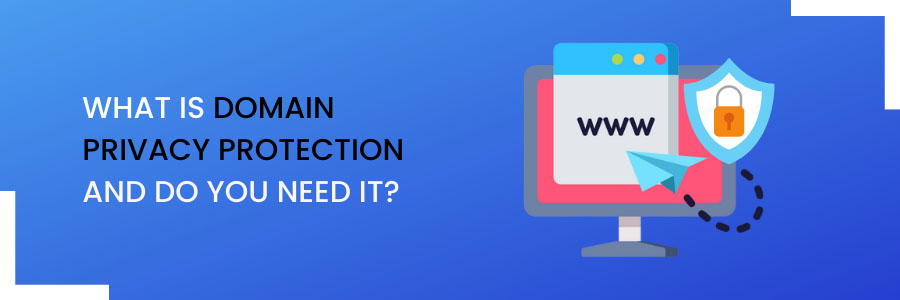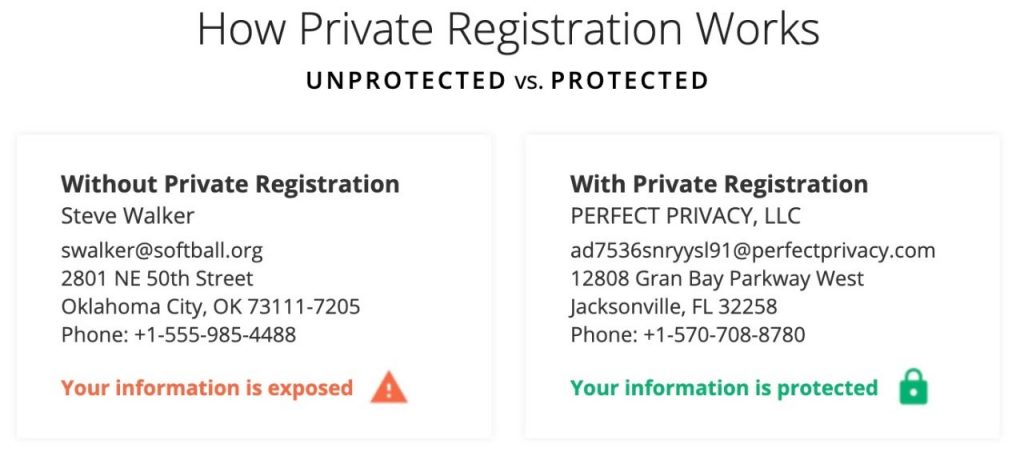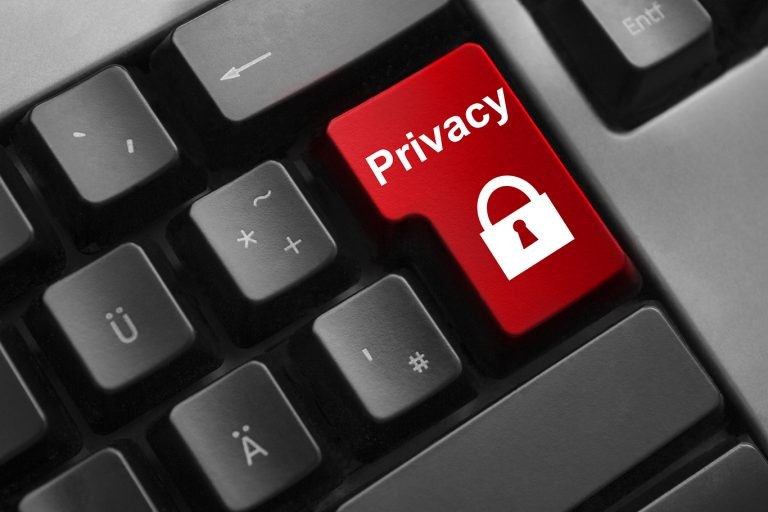What is Domain Privacy Protection and do you need it?

What is Domain Privacy Protection?
The use of domain privacy is most important. Despite their best efforts, nine out of ten IT experts feel their company’s personal data is vulnerable to cyberattacks and data breaches at any moment. Domain privacy protection is an additional layer of security that many IT decision makers take use of. Your personal information is kept in a Whois (pronounced as “who is”) database when you register a domain name. Your personal information (such as your address and phone numbers, domain name, and IP address) is stored in a Whois directory. Domain name registration and ownership are governed by the Internet Corporation for Assigned Names and Numbers (ICANN).
What is a Whois Lookup?
A Whois lookup allows anyone to check up precise information about your domain name in the public Whois database, such as the current registrant, registrant details, and expiration date. When a user types a domain name into a Whois directory search box, a request is sent to the domain’s registrar or registry’s public Whois database, and the stored record is shown. Unfortunately, some people who strive to get this information have nefarious motives and will use it in internet assaults to cause data breaches and collect more of your personal information.
5 Reasons why I need domain privacy protection?
Most domain registrars provide domain privacy protection to safeguard you and your organisation from personal information falling into the wrong hands. The following are some of the reasons why you should use this valuable service:
1. Personal information protection.
Domain privacy protection ensures that the Whois system does not reveal your company’s address, phone numbers, email addresses, or other information. Hackers will have a tougher time gathering this information and using it in illicit ways as a result of this.
2. Scam and spam calls and emails.
By safeguarding your phone number and email address, you will be less vulnerable to assaults such as email phishing, in which a hacker appears as a real organisation in order to trick your staff into opening bogus emails that compromise your data. You’ll also be assisting in the prevention of unsolicited solicitation calls and emails.
3. Selling of personal information.
You run the risk of someone gathering all of your company’s confidential information and selling it to a third-party vendor if you don’t use domain privacy protection. These companies sell your information to marketers and groups that will bombard you with unsolicited emails and phone calls.
4. Potential for competitive insights.
Your competitors may utilize your domain name registration to acquire information about your company and how you operate. Brands trying to neutralise your unique advantages and seize your market share may utilise your personal information against you.
5. Unwanted internet traffic.
Allowing people access to your company’s confidential data might attract stalkers and hackers, even while some organisations welcome all types of website users. These people have no business being on your website and are solely there to harm you.
What is Full Domain Privacy and Protection?
Private domain registration is a ‘add-on’ service that you may purchase to safeguard your information and keep it concealed from the public eye. If the information on your website is publicly accessible on the internet, it’s evident that your business might be jeopardised if that information comes into the wrong hands.
Privacy protection is required to eliminate such hazards from your digital platform.
What’s in the WHOIS Directory?
The public WHOIS database is an internet registry that keeps track of all domain registrations. This information comprises domain registrant information, verifications, expiration, and renewal dates, among other things.
It’s pretty similar to how a governing authority or registry registers an asset you possess. Consider your vehicle or home: you would have registered it with a regulatory body that keeps track of who owns it when it started, and how long it lasted.
What would happen, though, if the rest of the world had access to this information? This can be a major issue for the typical user.
Can Everyone See My Information?
Everyone can see your information if your website domain is not privacy secured. When you register a domain on the internet, it becomes part of a worldwide directory known as WHOIS, which makes all of your domain’s registration information public.
Your information would not be exposed to everyone if you had included privacy protection when creating the website domain. If your privacy isn’t safeguarded, though, your data is only a few clicks away from the rest of the world.





